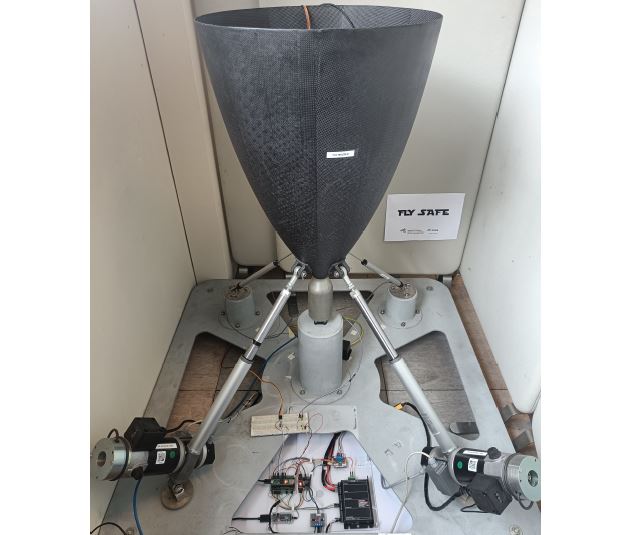Vertical Take-off Vertical Landing (VTVL) Reusable Launch Vehicles (RLVs) proved to be a successful mean to reduce development resources and to increase accessibility to space. Nevertheless, analogously to the dawn of aeronautics, reliability, safety and operability at a low maintenance rate are not fully achieved by the current advancements. All mission phases require high performance from the Guidance and Control systems: since any failure can be disruptive, it is crucial to provide the onboard software with logics able to detect/diagnose a failure and use this information to reconfigure the G&C appropriately. The solution to the problem must consist of contributions from three domains: Fault Detection and Diagnosis (FDD), Fault-Tolerant Control (FTC) and Fault-Tolerant Guidance (FTG). Industrial state-of-practice for FDD is usually based on the concept of hardware redundancy and the control reconfiguration achieved by triggering precomputed controllers. This implies that the control system reconfiguration is knowledge-based and relying on the type of expected faults. This PhD research project will develop a framework for the on-board fault detection and fault-tolerant guidance and control systems tailored for VTVL RLVs.
The lack of flexibility in FDD can be suitably complemented using the most consolidated model-based FDD methods in aeronautics. The exploitation of fault information will be achieved by designing industrially viable FTC and FTG systems that can preserve stability and re-plan the vehicle trajectory when needed.
For VTVL RLVs, the novelty of the research is given by
- the unavailability of tailored FDD, FTC and FTG algorithms;
- improvements in on-board trajectory computation and robust control methods allow exploiting the information of an FDD system to a level that was not possible before;
- harmonization of FDD, FTC and FTG systems in a unique framework has not been obtained yet;
- knowledge transfer from aeronautics to the space domain.

